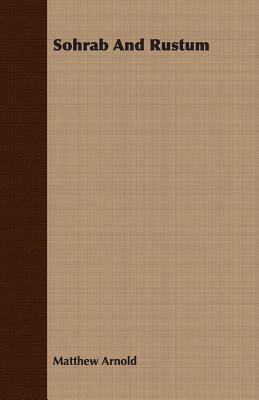What do you think?
Rate this book


76 pages, Paperback
First published January 1, 1853
سپس سهراب با چهرهای گستاخ چنین پاسخ داد:
با اینکه تو گمنامی بیهوده لاف میزنی. ای مرد خود پسند گزافه گو
تومرا نکشتهای، نه! نام رستم و این دل پر از مهر فرزندی مرا به کشتن داد.
چه اگر من با ده مرد چون تو همنبرد میشدم،
و من همان بودم که تا به امروز بودم،
اينک آن ده تن بایستی اینجا افتاده باشند
و من آنجا ایستاده باشم.
اما آن نام گرامی زور از بازویم گرفت،
آن نام و چیزی که اقرار میکنم در تو هست،
که دلم را دردناک میکند و همین دو سبب شد که
سپر را رها کنم و نیزهی تو از تن دشمنی بی سلاح بگذرد.
اکنون تو لاف میزنی و از بهر چونین
سرنوشت سرزنشم میکنی
اما تو ای مرد سنگدل اینکه میگویم بشنو
و از ترس بر خود بلرز:
رستم نیرومند کین مرگ مرا از تو بخواهد.
آری پدر من رستم، همانکه در همه جهان میجویمش!
وی به خونخواهی من بر خیزد و تو را کیفر دهد.